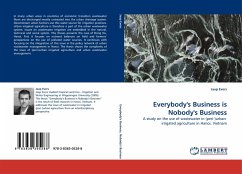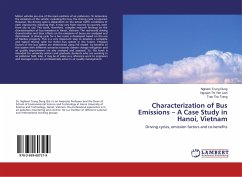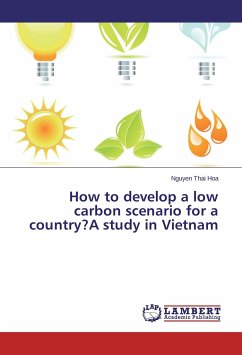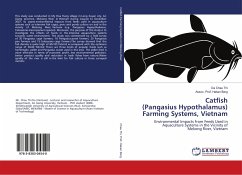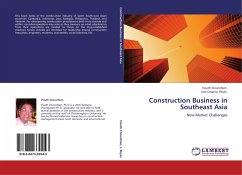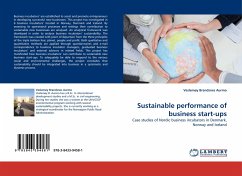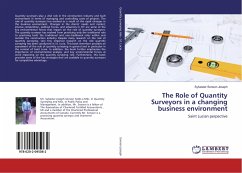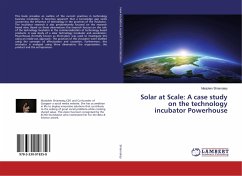In many urban areas in countries of economic transition wastewater flows are discharged mostly untreated into the urban drainage system. Downstream urban farmers use this water source for irrigation practices. Urban irrigated agriculture is therefore a part of the urban wastewater system. Issues on wastewater irrigation are embedded in the natural, technical and social system. This theses presents the case of Ðong Du, Hanoi. First it focuses on nutrient balances on field and farmers perspectives on the use of polluted water sources. It continues with focusing on the integration of this issue in the policy network of urban wastewater management in Hanoi. The thesis shows the complexity of the issue of (peri-)urban irrigated agriculture and urban wastewater management.
Bitte wählen Sie Ihr Anliegen aus.
Rechnungen
Retourenschein anfordern
Bestellstatus
Storno

